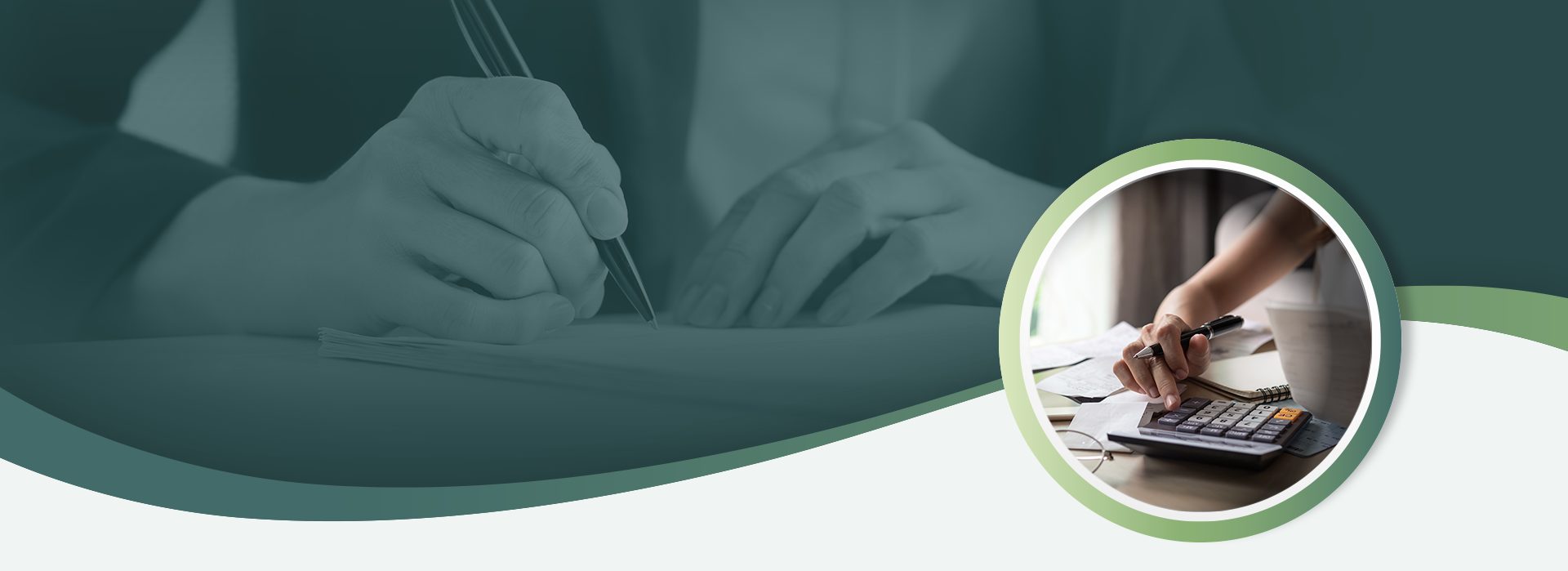
Regain control over your financial future!
Schedule Your Virtual VisitTax Debts Attorney in Killeen & Waco
Support for Your Tax Debt Case in Central Texas
Are you burdened by tax debt that you simply cannot pay? Are IRS agents coming to your home or place of business? Before you spend another day worrying about the possibility of tax liens, tax levies, or tax garnishments, you owe it to yourself to explore your bankruptcy options. The Killeen tax debts attorney from Erin B. Shank, P.C., can help you determine which option will help you obtain the greatest relief from your tax debt.
Many firms promise that they can reduce or eliminate your tax debt. Make sure you are receiving both bankruptcy and non-bankruptcy options before you decide how to handle your tax problems. There are a bunch of scam artists out there. Read about how to detect a tax scam here.
In some cases, Chapter 7 bankruptcy is the best option and can enable you to discharge IRS debt. If you owe federal income taxes that were due more than three years ago, the returns were filed more than two years ago, and the taxes were assessed more than 240 days before your bankruptcy case is filed, those taxes are dischargeable in a Chapter 7 case.
Property taxes can also be discharged in a Chapter 7 case, especially if you no longer have the asset that produced the property tax in question.
If, however, your taxes can't be discharged in a Chapter 7 case, Chapter 13 bankruptcy might be a better option. This type of bankruptcy allows you to pay off your tax debt, usually interest-free and penalty-free, over a three-to-five-year period. Your assets, such as your home and car, are protected as long as you continue paying the creditors that loaned you the money to purchase these assets. Erin B. Shank, P.C. also files many “Chapter 20” cases, in which the clients file Chapter 7 bankruptcy to discharge all dischargeable debt, followed by a Chapter 13 bankruptcy, in which only the non-discharged debt (i.e. taxes) is paid over three-to-five-year repayment period under a plan confirmed by the Bankruptcy Court. Many of our clients find that the “Chapter 20” option is the best way to reduce their debt and concentrate on only paying the non-dischargeable tax debt.
Bankruptcy and tax laws are quite complex, and most people would be ill-advised to try to represent themselves before the IRS. Erin Shank has handled hundreds of bankruptcy cases involving tax debt. She knows the bankruptcy IRS agents and attorneys personally and is well-qualified to assist you to discharge and/or repay your IRS debt in an honest, ethical manner. Use her three decades of bankruptcy law experience to help you successfully resolve your tax debt!
Call (254) 690-4110 today for a free initial consultation!
Tax Debt Resolution FAQs
What Is an Offer in Compromise, & How Do I Qualify?
An “offer in compromise” is a tax debt resolution service offered by the Internal Revenue Service (IRS) to help those in considerable tax debt pay back their debt for an amount less than they owe. This option is not offered for everyone with tax debt, but is usually offered when the IRS believes that the debtor cannot fully pay back their debt, even with a new repayment plan. There are certain requirements to be able to qualify for this type of resolution service. The initial three circumstances that may allow you to qualify include doubt that the amount of debt will be repaid through traditional collecting services, doubt that the taxpayer's assessed liability is correct, and reasonable belief that the taxpayer would suffer financial hardship if the IRS collected all that was owed. There are several additional requirements after these, such as ensuring the taxpayer is not going through bankruptcy and has filed all federal tax returns from previous years.
How Can an Installment Agreement Help Me Pay Back My Tax Debt?
Installment agreements allow taxpayers to pay back their debt over the course of monthly payments, which can make paying back debt manageable instead of impossible and overwhelming. The agreement also allows you to reduce or eliminate penalties, interests, and fees associated with your debt, which can make repayment a more reasonable process. Under certain circumstances, taxpayers can make an online installment agreement if their total debt owed is less than $50,000. If your debt is more than $50,000, you may still be eligible for an installment agreement but need to complete additional forms. The process of setting up and negotiating an installment agreement can be complex, and it is always best to have a competent attorney on your side to help you through the process.
Can I Eliminate My Tax Debt Through Bankruptcy Procedures?
Under certain circumstances, you can discharge debt owed to the IRS through a Chapter 7 bankruptcy case. Only income taxes can be eliminated through the process, leaving other tax debt like payroll tax and fraud penalties to be separately repaid. There are a number of other requirements necessary to be eligible for this process. You cannot have evaded your taxes or committed fraud, the debt must be at least three years old, and you must have filed a tax return for the debt, among additional requirements.
For more information about Chapter 7 bankruptcy and tax debt elimination, please contact Erin B. Shank, P.C. at (254) 690-4110 today.
-
What is a mortgage modification?
-
What Makes You Uniquely Qualified as a Bankruptcy Attorney?
-
What is Chapter 10 Bankruptcy?
-
What to Do if Your Military Star Card Goes to Collections


